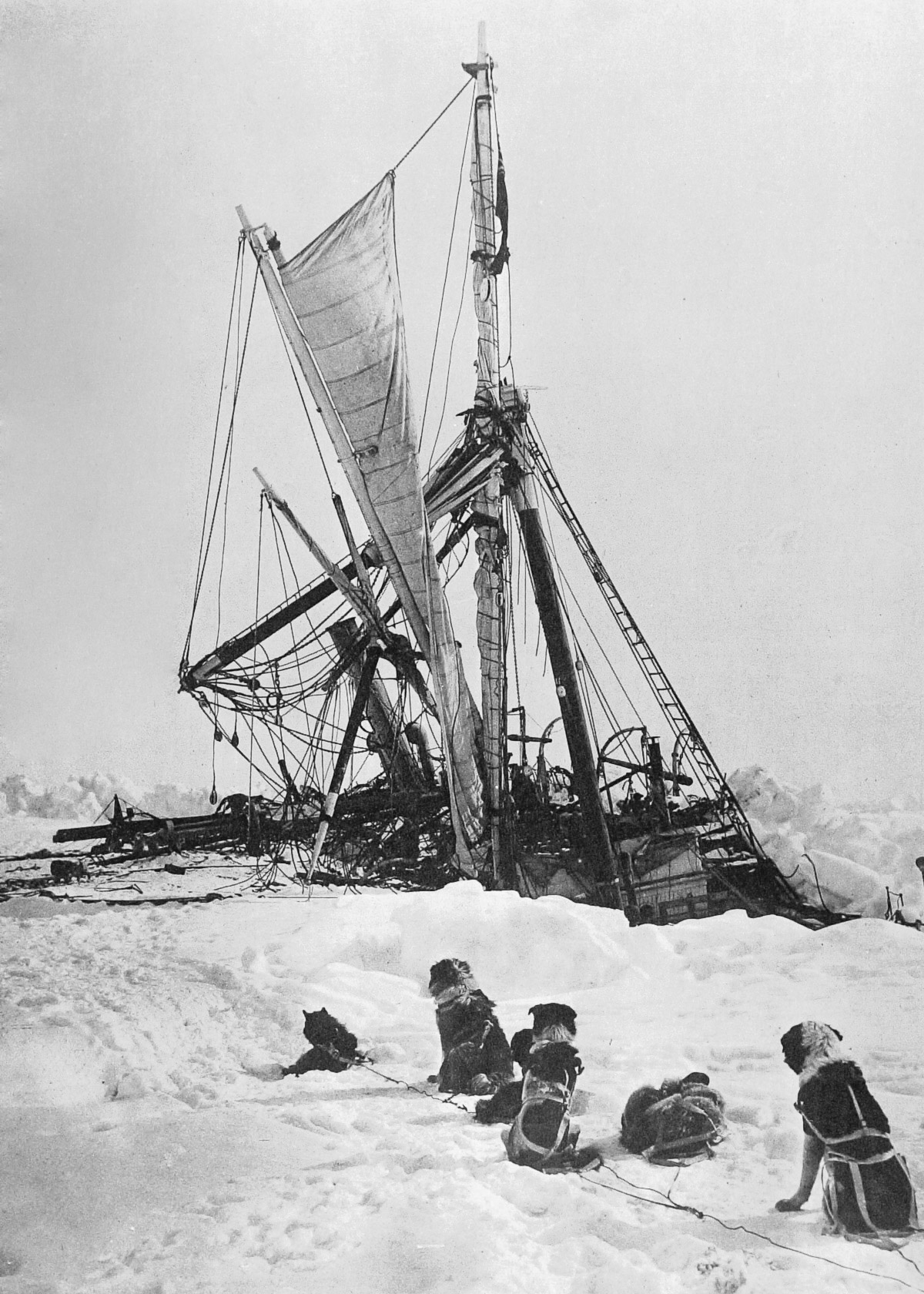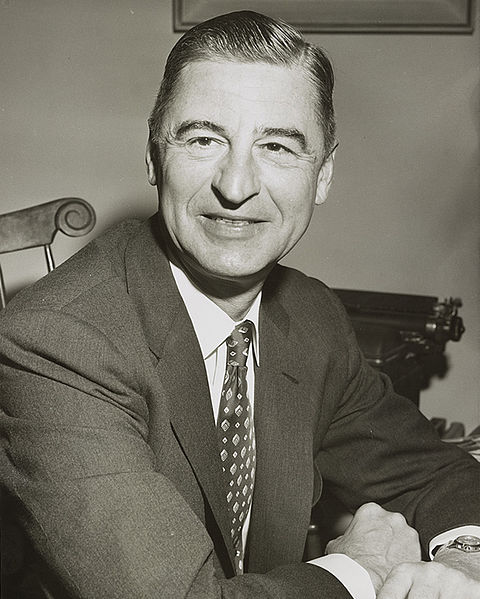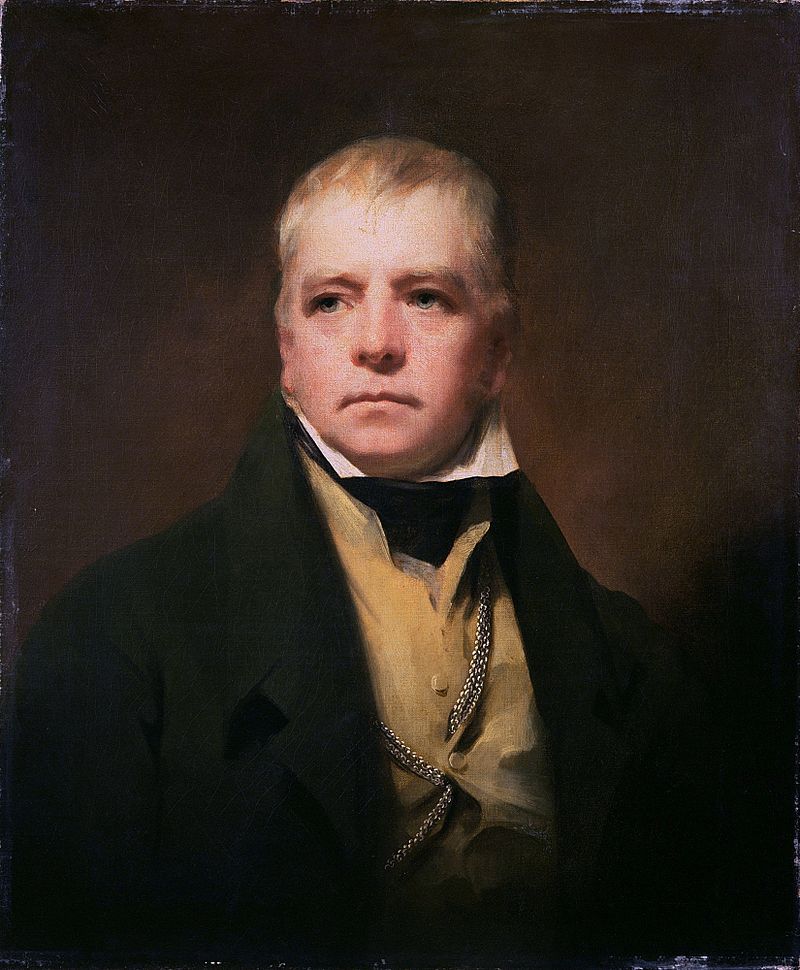Broadway has always welcomed the country’s best playwrights. Everyone from Arthur Miller to Tennessee Williams to Lillian Hellman to August Wilson to Eugene O’Neill has been supported and sustained by the theatrical capital of America. Yet what is also interesting is Broadway’s tendency to adapt and stage something that started on the page. There have been failures (like the recent American Psycho musical) and smash successes (Ron Chernow’s Alexander Hamilton). It has also provided many prose writers the chance to work in the dramatic form.
us toll free: 1-800-948-5563 international: +1 (843) 849-0283 UK: +44 (0) 1334 260018


















